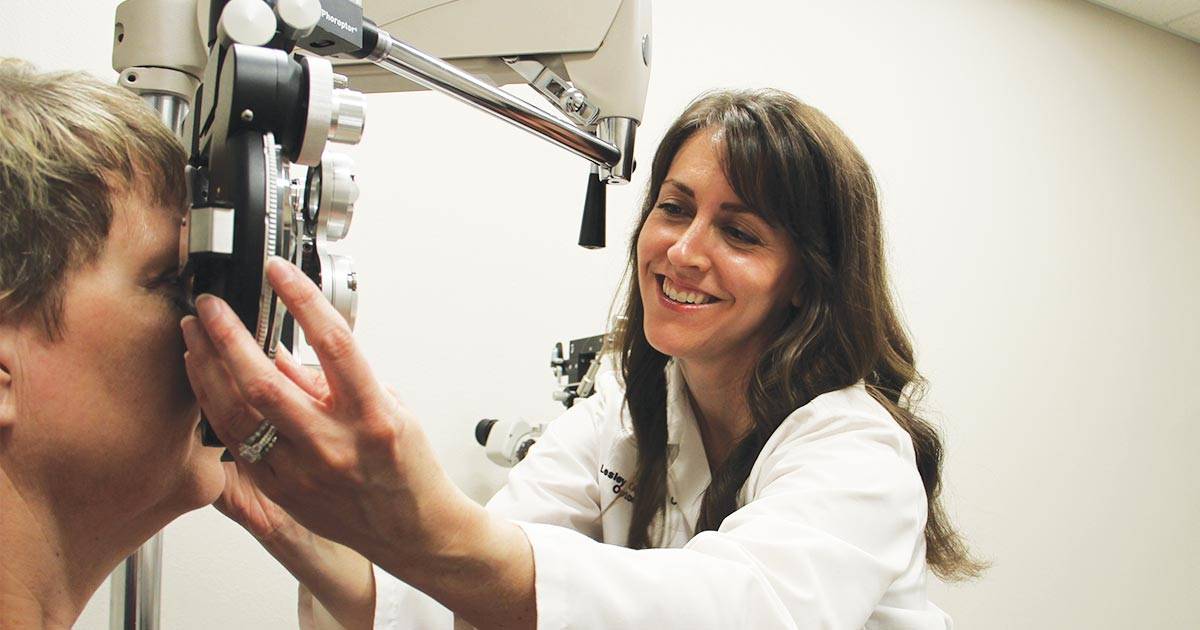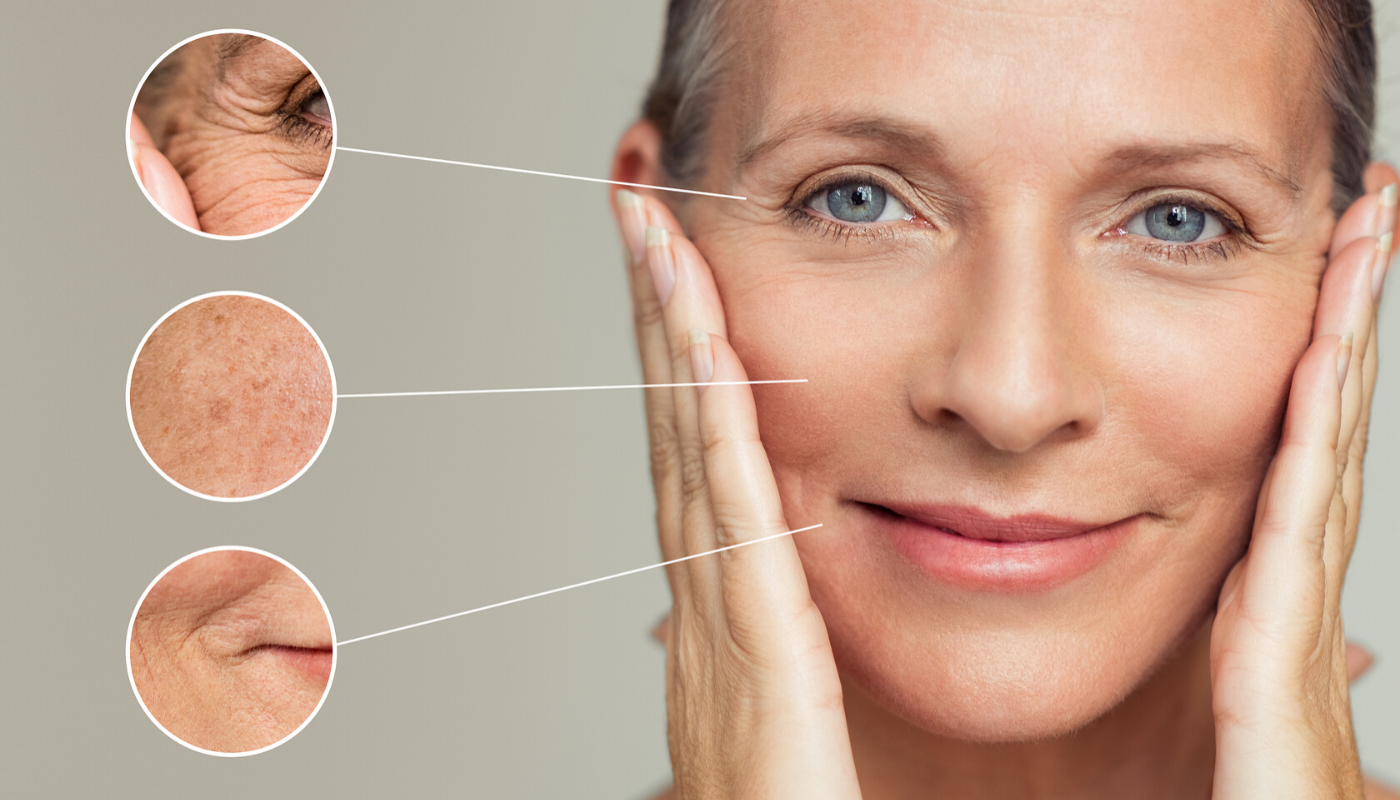Crystal Clear Vision: A Complete Guide to Eye Health
In the tapestry of human life vision plays a pivotal role. Our eyes do not merely see; they experience the world in all its vivid hues dynamic movements and stunning beauty. The blessing of sight grants us the ability to read to witness the smiles of loved ones to marvel at sunsets to navigate our surroundings and so much more. With so much of our experience and understanding of the world reliant on our ability to see it becomes crucially important to safeguard our visual health at every stage of life.
As we age our vision like the rest of our bodies undergoes changes. From minor inconveniences like needing reading glasses to more significant issues such as cataracts or age-related macular degeneration our visual acuity evolves. Therefore understanding these changes how to mitigate them and how to adapt to them is an essential part of maintaining a high quality of life as we grow older.
How to Improve Vision Naturally?
Improving your vision naturally isn't about abandoning your glasses or forgoing regular visits to your optometrist. Instead it involves adopting specific healthy lifestyle changes and habits that can enhance and maintain the health of your eyes. These strategies are a complement to professional eye care and can significantly impact your overall eye health and vision quality. Let's delve into these in detail:
1. A Nutrient-rich Diet:
Eating a diet rich in specific vitamins and minerals can do wonders for your eye health.
- Vitamin A: This nutrient is vital for maintaining the cornea the outermost layer of the eye. It is also a component of rhodopsin a protein in the eyes that allows us to see in low-light conditions. Foods high in Vitamin A include carrots sweet potatoes and spinach.
- Vitamin C and E: These antioxidants help fight age-related macular degeneration and can be found in citrus fruits almonds and sunflower seeds.
- Zinc and Copper: These minerals aid Vitamin C in reducing the risk of macular degeneration. Oysters cashews and lentils are excellent sources.
2. Regular Exercise:
You might wonder what exercise has to do with eye health. Regular physical activity helps improve circulation which increases oxygen levels to the eyes and aids in the removal of toxins.
3. Adequate Sleep:
When we sleep our eyes enjoy a much-needed break. This rest period is when small repairs to the eyes can take place. Plus lack of sleep can lead to eye strain dry eyes or more severe eye issues. Therefore ensuring you get a good night's sleep is critical for maintaining long-term eye health.
4. Limit Screen Time:
In the digital age many of us spend a significant portion of our day staring at screens. This constant exposure can lead to digital eye strain which can cause dry eyes blurry vision and even headaches. The 20-20-20 rule can help combat this: every 20 minutes take a 20-second break and look at something 20 feet away. This small break can make a big difference in reducing eye strain.
5. Hydrate More:
Staying hydrated is essential for overall health including eye health. Dehydration can lead to dry eyes a condition where your eyes cannot produce enough tears leading to discomfort and vision issues. Make sure to drink the recommended eight glasses of water a day to keep your body—and your eyes—hydrated.
Eye Health for Seniors

As we age our eyes naturally undergo changes some of which may impact vision. Understanding these changes and how to care for aging eyes is essential for maintaining quality of life as a senior.
1. Regular Eye Check-ups: Vision can change over time regular eye examinations can help detect problems early and treat them effectively.
2. Protective Eyewear: Wear sunglasses with complete UV protection to shield your eyes from harmful sun rays preventing cataracts and other eye conditions.
3. Manage Chronic Conditions: Diabetes and high blood pressure can lead to vision loss; managing these conditions can help protect eye health.
4. Stop Smoking: Smoking increases the risk of macular degeneration cataracts and other eye conditions.
5. Maintain a Healthy Lifestyle: Balanced diet and regular exercise can prevent obesity which is linked to diabetes and other diseases that can lead to vision loss.
Here are some key factors to consider?
1. Know Your Prescription:
An accurate prescription is the foundation for effective eyeglasses. Regular eye exams are crucial as your vision can change over time. With an updated prescription from your optometrist you can ensure that your glasses will correct your vision effectively.
2. Understand Your Lens Options:
Today various lens types are available each with its advantages.
- Single Vision Lenses: These lenses correct one field of vision—either near or far. They're typically used by individuals who only have trouble seeing close up (nearsighted) or far away (farsighted).
- Bifocal or Multifocal Lenses: These lenses correct more than one field of vision typically both near and far. They're usually recommended for those over 40 who develop presbyopia – an age-related condition where your eyes have trouble focusing on close-up objects.
- Progressive Lenses: These lenses offer a more gradual visual transition between the different lens powers with no visible lines between them. This type is perfect for those who need help seeing both near and far and want a more natural-looking lens.
3. Frame Shape and Size:
Choosing the right frame shape can balance your facial features and the correct size can ensure a comfortable fit. A general rule is to select frames that contrast with your face shape (round face - square frames square face - round frames) and are proportional in size to your face.
4. Frame Material:
The material of your glasses frames can impact their durability weight and appearance.
- Metal Frames: These are highly durable stylish and come in a variety of colors and finishes. However they can be a bit heavier and less flexible.
- Plastic Frames: These frames are lightweight and come in a wide variety of colors and shapes. However they may not be as durable as metal frames.
- Titanium and Other Alloy Frames: These frames are extremely durable lightweight and hypoallergenic. They tend to be a bit pricier but can be a good investment for those who wear glasses every day.
5. Consider Lens Coatings:
Different coatings for lenses can enhance their durability impact-resistance and light-blocking abilities.
- Anti-Scratch Coating: Most eyewear comes with a protective anti-scratch coating. Still additional layers can enhance lens durability.
- Anti-Reflective Coating: This coating reduces the light reflected off the lenses improving vision clarity and reducing glare.
- UV Coating: A UV coating on your glasses can protect your eyes from harmful UV rays similar to how sunscreen protects your skin.
6. Comfort Is Key:
Even the most stylish and expensive glasses won't do you any good if they're not comfortable. Make sure your glasses fit well and don't pinch around your nose or ears. The frames should not slide down your nose and the lenses should not fog up during physical activity.Before we delve into the final part of our guide it's important to remember that while it's not always possible to prevent or reverse eye health issues these steps can reduce the risk and potentially slow the progression of various conditions.
Conclusion
Understanding the significance of maintaining good eye health and knowing how to improve vision naturally as well as being informed about eye health for seniors can offer you the tools needed to maintain crystal clear vision at any age.
Equipping yourself with the knowledge to choose the right glasses can drastically enhance your comfort and vision quality. However remember that although self-care and preventive measures are essential they do not replace the need for regular eye check-ups. The real key to maintaining eye health lies in early detection and management of conditions something that can only be achieved by regular visits to an eye health professional.
The importance of our vision is sometimes overlooked until we encounter issues or impairments. As we’ve uncovered in this guide taking proactive measures can preserve our eye health and mitigate potential vision problems in the future. So let's keep our sights on the goal of maintaining crystal clear vision for years to come and remember the first step towards achieving this is through understanding and awareness.






